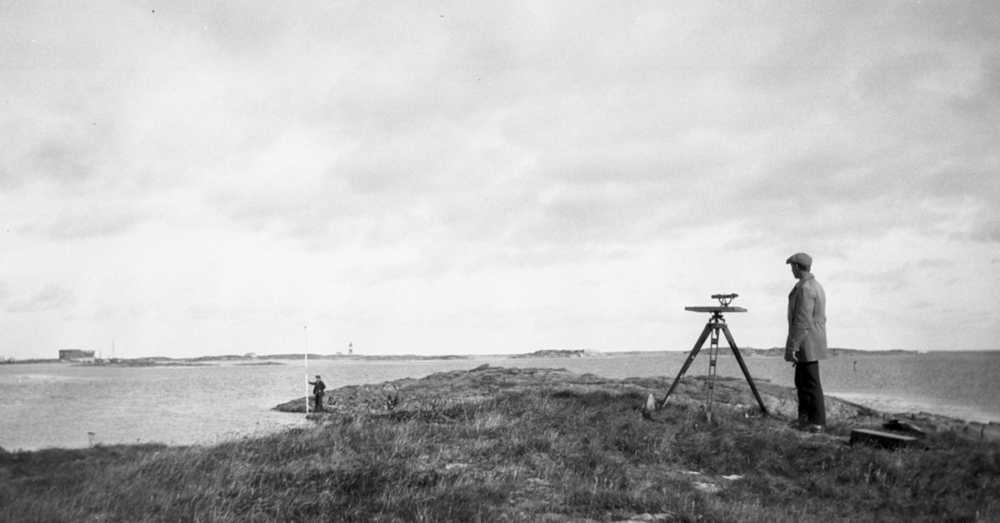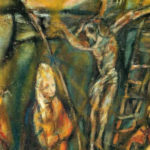We run our website the way we wished the whole internet worked: we provide high quality original content with no ads. We are funded solely by your direct support. Please consider supporting this project.
Did God Destroy Sodom and Gomorrah? (podcast)
Greg considers the destruction of Sodom and Gomorrah and speculates on the nature of the angels who were sent there.
Episode 597

Send Questions To:
Dan: @thatdankent
Email: askgregboyd@gmail.com
Twitter: @reKnewOrg
Greg’s new book: Inspired Imperfection
Dan’s new book: Confident Humility
Subscribe:
Category: ReKnew Podcast
Tags: Cross Vision, Crucifixion of the Warrior God, Cruciform Theology
Related Reading

Getting Honest about the Dark Side of the Bible
Eddy Van 3000 via Compfight While most of the Bible exhibits a “God-breathed” quality, reflecting a magnificently beautiful God that is consistent with God’s definitive revelation on the cross, we must honestly acknowledge that some depictions of God in Scripture are simply horrific. They are included in what is sometimes called “the dark side of…

How NOT to be Christ-Centered: A Review of God With Us – Part II
In Part I of my review of Scott Oliphint’s God With Us we saw that Oliphint is attempting to reframe divine accommodation in a Christ-centerd way. Yet, while he affirms that “Christ is the quintessential revelation of God,” he went on to espouse a classical view of God that was anchored in God’s “aseity,” not…

Does Jesus’ Abandonment on the Cross Destroy the Trinity?
In my previous blog I argued that Jesus’ experience of God-forsakenness on the cross was genuine and that, as a matter of fact, there was a genuine abandonment of Jesus by the Father on the cross. In fact, I am convinced that a good deal of our theology hangs in the balance on our affirming…

Atonement: What is the Christus Victor View?
Most western Christians today understand the atonement as a sort of legal-transaction that took place between the Father and the Son that got humanity “off the hook.” The legal-transaction scenario goes something like this: God’s holiness demands that all sin be punished, which in turn requires that sinners go to eternal hell. The trouble is,…

Podcast: Was Jesus’ Experience of Separation on the Cross a Hallucination or a False Belief?
Greg talks about the paradox of Trinity and Christ’s experience of separation on the cross. http://traffic.libsyn.com/askgregboyd/Episode_0349.mp3

Podcast: By Celebrating Passover, Isn’t Jesus Tacitly Approving the Sacrificial System Passover Was Based On?
Is Jesus for or against slaughtering babies? Greg talks about exodus and sacrifice. http://traffic.libsyn.com/askgregboyd/Episode_0405.mp3



